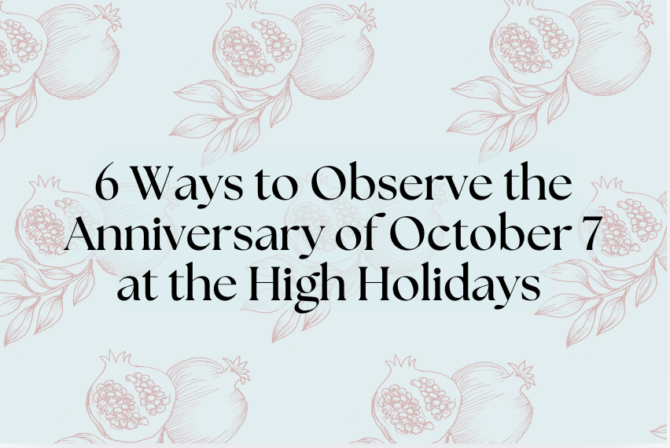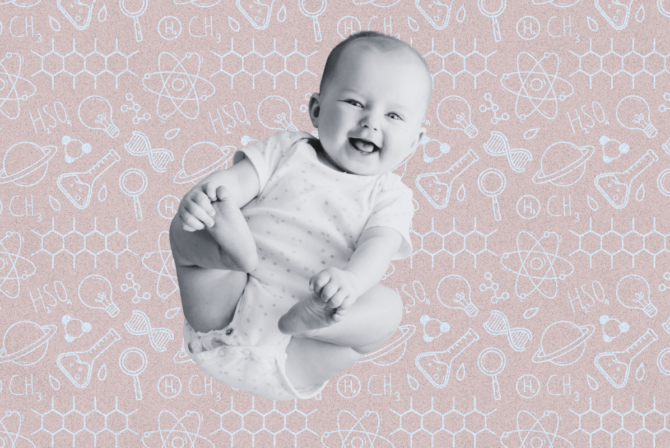We don’t yet know all the names of the victims of the attack on Boulder, Colorado’s Run For Their Lives event this past Sunday, June 1, where a man threw two molotov cocktails into a crowd of people peacefully marching to draw awareness to the plight of the Israeli hostages in Gaza and allegedly shouted “Free Palestine.” But we do know the name of one of them: Barbara Steinmetz, 88, a Holocaust survivor born in Hungary.
She spoke to NBC this Wednesday, June 4 and while she was still very much shaken by the trauma of the attack, she had a message for the people of America. She told NBC that she “wants people to be nice and decent to each other, kind, respectful, encompassing.”
“We’re Americans,” she said. “We are better than this. That’s what I want them to know. That they be kind and decent human beings.”
The attack, which came ten days after the shooting of Sarah Milgrim and Yaron Lischinsky as they were walking out of an American Jewish Council event at Washington, D.C.’s Jewish Capital Museum, “has nothing to do with the Holocaust, it has to do with a human being that wants to burn other people. It’s about what the hell is going on in our country,” Steinmetz wondered, shaken by the event. “What the hell is going on?”
Steinmetz was born in Hungary to Jewish parents, Alexander Samuel and Margaret Charlotte Bandler. Her father was raised in an Orthodox home, went to cheder (a school for Jewish children) and to synagogue, attending services at the Dohány Street Synagogue, Europe’s largest and oldest synagogue in Budapest. In a testimony to USC Shoah Foundation, Steinmetz spoke about how Jewish wisdom was a big part of his ethos. Her father also fought for Jewish assimilation in Hungary and beyond.
Her mother was the daughter of a successful physician and was herself a trained chemist, though she had to sit in the back of the class because she was Jewish when she attempted to study medicine in her home country. When Barbara was a baby her family moved to an island off the coast of Croatia that was part of Italy, where they spent a few idyllic years running a hotel by the Adriatic sea. That was until Mussolini’s race laws came into effect, and made it impossible for them to live and own property in the country.
The family went back to Hungary, but Barbara’s father could see what was coming. While he wrote letters to many of his former hotel patrons, asking for help getting safe passage into their countries, he couldn’t find anyone to help him. They finally escaped to France, Spain and then Portugal, where her father worked tirelessly trying to gain asylum into many countries.
Eventually, they were taken into the Dominican Republic. Barbara, her mother, her father and her sister were part of a group of Jews accepted into the country to found a small agricultural settlement in Sosúa. You can hear her talk about it in this video created for the New York Museum of Jewish Heritage’s A Living Memorial to the Holocaust exhibition titled “Sosúa: A Refuge For Jews In The Dominican Republic (Sosúa: Un Refugio De Judíos En La República Dominicana).”
In Soúsa, the girls managed to get schooling at the local convent, where they had to hide their Jewish identity, though their mother told them never to forget who they were. When Steinmetz’s family finally made it to America, they lived in Boston, then New York.
“Things were not important,” her father used to tell her. His big lesson to her was that people are important. As for her mother, who went from being a chemist from a well-to-do Hungarian Jewish family to a cleaning person, she taught her daughter that every job is needed and respectable.
Steinmetz’s family was devastated by the Holocaust; while her parents and some of their siblings survived, others perished, including her aunt and cousin who were killed in Auschwitz, among the 440,000 Jews deported from Hungary to concentration camps. Throughout the recent decades, she has shared her story of survival with the USC Shoah Foundation in this recent video of stories about antisemitism, and with local student publications and visiting classrooms.
Steinmetz was at the Run for Their Lives event with other members of her congregation, Congregation Bonai Shalom (the Hebrew words for builders of peace), in Boulder, where she’s lived for the past two decades. She moved there with her husband Howard, who passed away from cancer in 2011.
The congregation’s Rabbi Marc Soloway talked about the “shattering” attack, which “brings up horrific images of our past,” and shared that one member of the congregation is still “touch and go” with terrible burns all over their body. He said his entire community is still feeling the ripples of the attack but said that the most important thing is that “we’re here together, we’ve got each other’s back, we’re taking care of each other.”
Our hearts are with Barbara and the rest of the victims of Sunday’s attack. We wish them refuah shleimah — complete healing of the body and soul.








